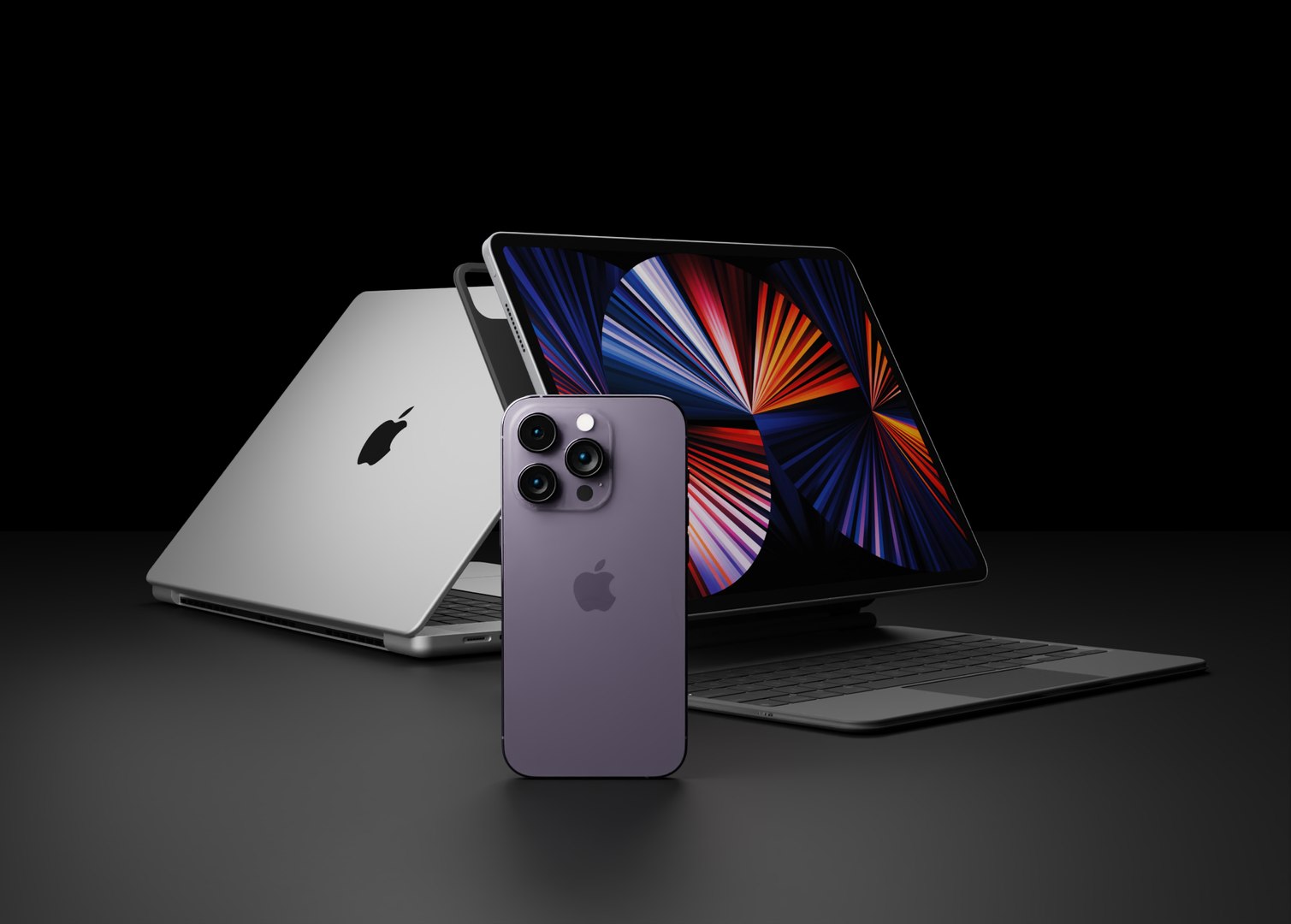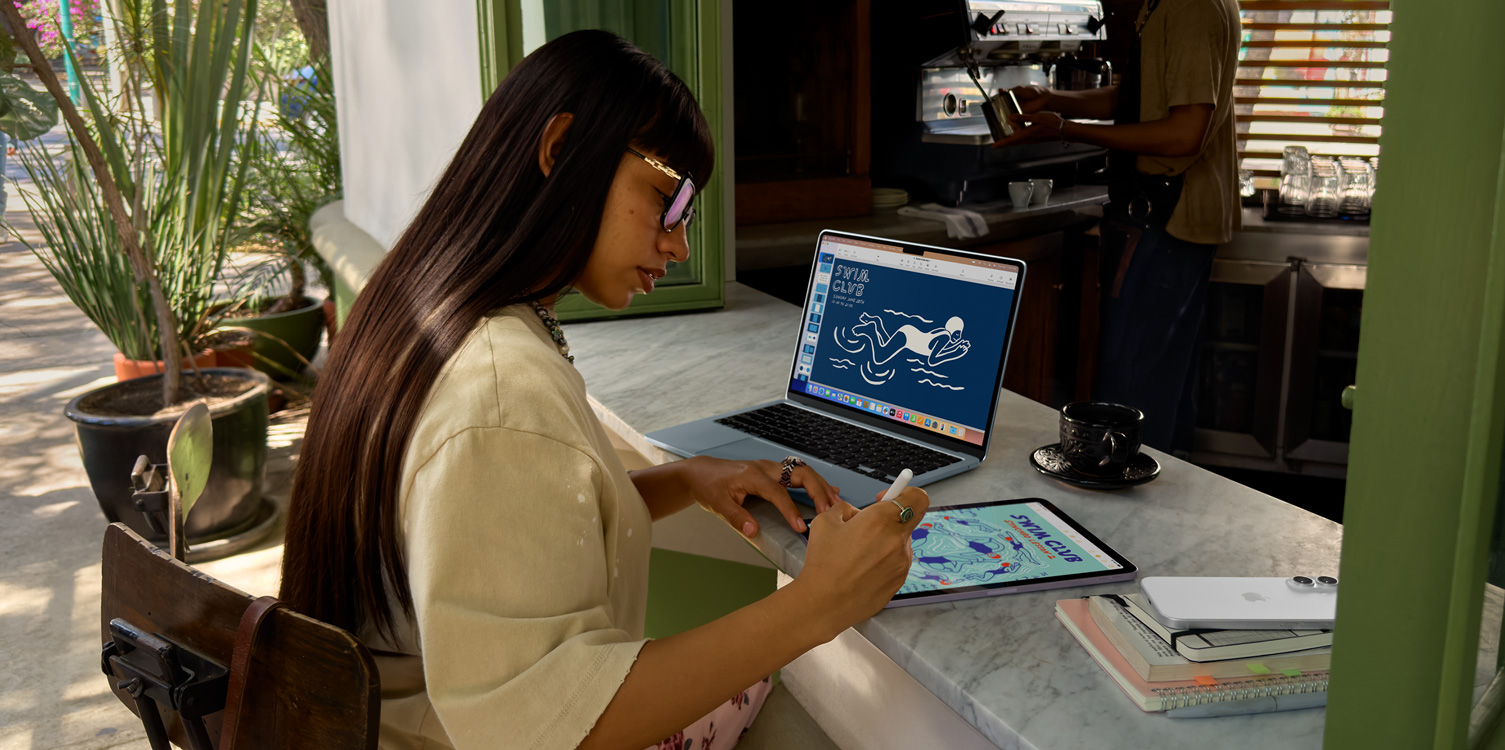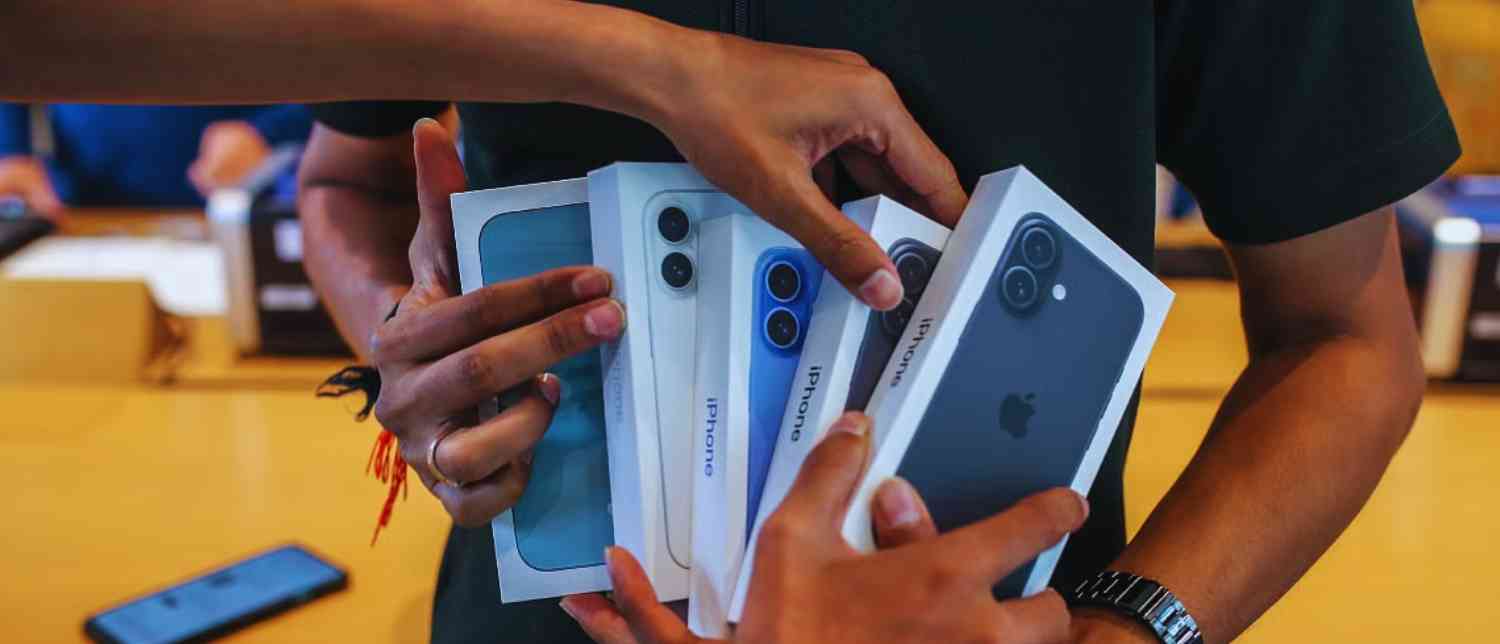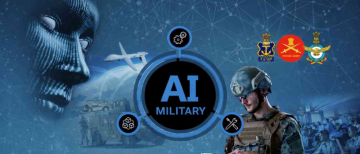In India, owning an iPhone has become more than just having a smartphone; it is often seen as a symbol of social status and “class.” The sleek design and global prestige of Apple products like iPhones represent success to many people. But recently, some experts and observers are raising questions about whether this focus on owning expensive gadgets is actually translating into real value, skills, or substance in daily life and education.

Apple has been aggressively promoting its products in India, especially through campaigns like the 2025 Back to School offer. This campaign provides university students and educators huge discounts on popular devices such as the MacBook Air, MacBook Pro, iPad Air, and iPad Pro, often coupled with freebies like AirPods or Apple Pencil Pro. The strategy targets students and aims to support their education digitally with high-tech tools. The offer runs from June to September 2025 and requires verification of academic status to qualify for discounts and freebies.
For many Indian parents and youth, owning an iPhone or an Apple device is seen as a shortcut to attaining “class” — a marker of modernity, global outlook, and financial success. This perception is amplified by the increasing visibility of these devices in social media posts, advertisements, and peer groups. Students using Apple devices are often viewed as more “up-to-date,” fashionable, or elite in school and college circles.
While Apple’s devices do offer genuine benefits such as robust performance, privacy features, and creative tools, the question arises: Are consumers focusing on these functional benefits, or merely on the image attached to the brand?

Many consumers, particularly young students, may buy an iPhone or MacBook because it is seen as a status symbol rather than because they specifically need its advanced features for learning or productivity. Multiple reports and social conversations indicate that some students use these devices more for social media, gaming, or showing off than for academic growth or skill development.
Moreover, some educators and critics argue that simply owning a device labeled as “premium” does not automatically enhance educational outcomes. Without adequate digital literacy, mentoring, and structured use, these devices may become expensive distractions rather than enablers of learning.
From recent market insights, Apple's 2025 Back to School offer seems very successful in India, with many students taking advantage of the discounts. However, surveys reveal a mixed picture on actual usage. For example, while about 60% of student buyers report using Apple devices for study-related tasks, a significant portion (around 40%) prioritize entertainment and communication apps.

Further, a lot of aspirational buyers come from families that see Apple products as symbols of upward mobility or international status, especially in urban India. This cultural aspect underlines why such purchases may sometimes be more about appearance than utility.
iPhones and MacBooks come with premium price tags, even after discounts. This means many aspiring users in India stretch financially or rely on credit to purchase these devices. For middle-class families, such purchases can be a major investment, justified by the desire to project success and belonging to a certain class.
However, this creates a gap where some students get access to advanced technology while many others in India still struggle with basic digital tools or internet connectivity. The so-called shortcut to “class” might thus deepen digital and social divides rather than close them.
Apple devices can undeniably empower students with innovative features for creativity, research, and communication. The integration of tools like AI-assisted writing, high-quality cameras, and secure ecosystems adds real value for many users who use them purposefully.
At the same time, it is crucial for educators, parents, and students themselves to remember that the device is only a tool. Real learning, skills, and personal growth come from how one uses the tool, not just owning it. Encouraging responsible use, digital literacy, and critical thinking is essential to prevent technology from becoming a hollow emblem of “class.”

In India, owning an iPhone or Apple device today often symbolizes “class” and modern success. But there is a danger in mistaking luxury gadgets for real substance. While Apple’s latest offers help students access cutting-edge technology, it is important to balance these purchases with meaningful use and education. Ultimately, genuine advancement will come not from shortcuts or appearances but from how knowledge and skills are nurtured and applied in daily life.
With inputs from agencies
Image Source: Multiple agencies
© Copyright 2025. All Rights Reserved. Powered by Vygr Media.




















